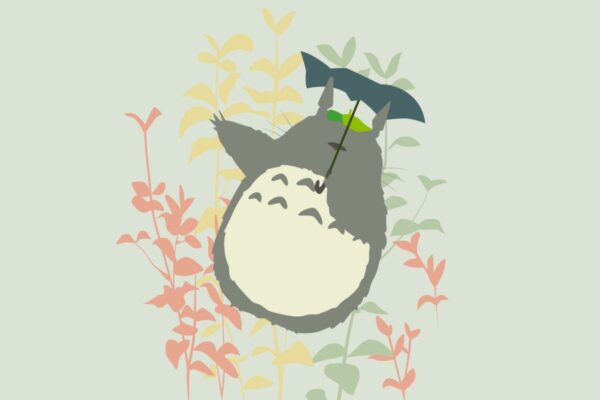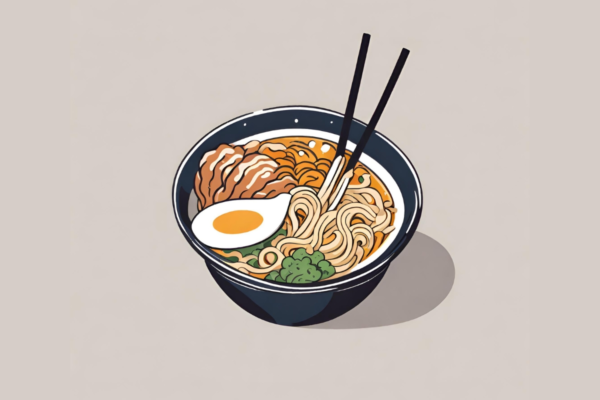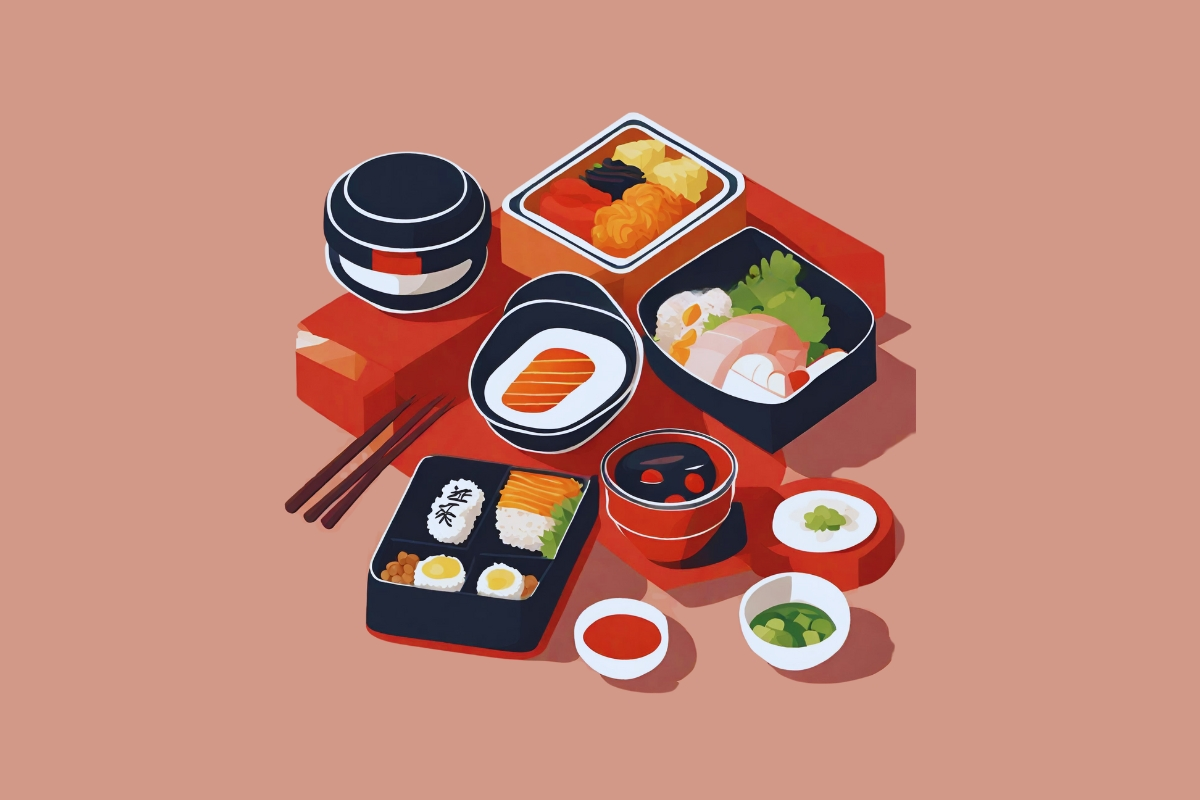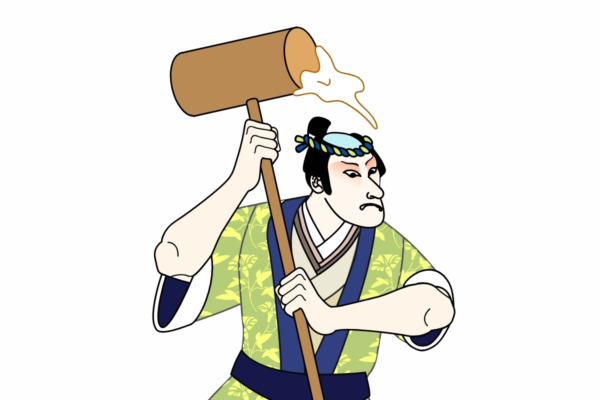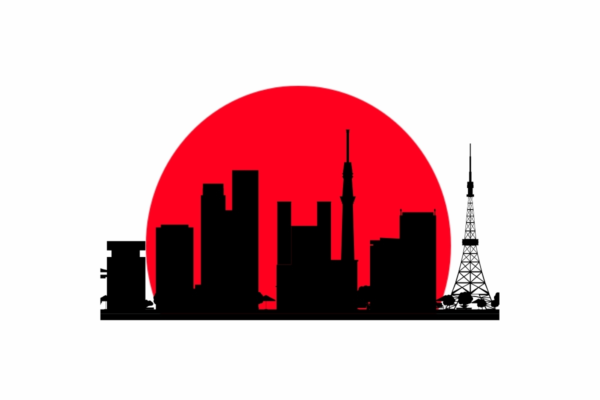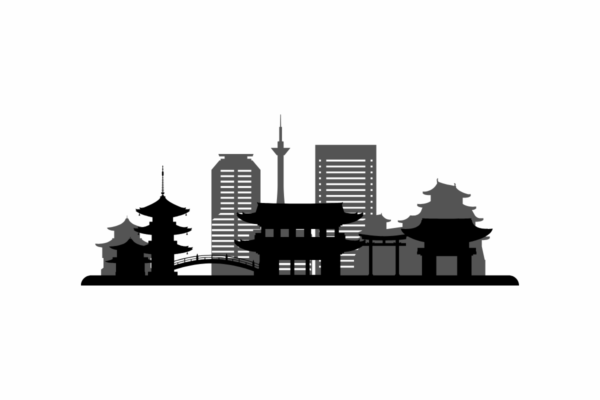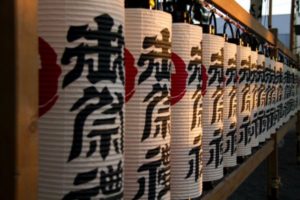Happy 2021! As England plunges into its third lockdown, many of us may be finding it hard to accept this is how we begin the new year. If your days are starting to blur together, or you’ve lost count of how many times you’ve caught yourself staring into space, then this article is for you. These Japanese philosophies, revolving around the Zen state of mind, may be just what you need to get through lockdown.
Wabi-sabi: beauty in imperfections

Wabi-sabi, the Japanese philosophy of the acceptance of imperfections, is perhaps the single most important takeaway from this. The word is often explained with an analogy in Japanese pottery used in traditional tea ceremonies, where the handmade teaware was often valued for being uneven and irregular – they are imperfect but unique, and this is what gives them their beauty.
Applying this philosophical idea to this period, we can try to accept that although the situation right now is imperfect, there are blessings hiding within that we can also appreciate. Maybe you will finally have time to do that paint job that you always wanted, or maybe you’re finally able to take a breather and take in a slower pace of lifestyle. If you’re not where you envisaged yourself to be, that’s okay too – you don’t have to be perfect, you just have to be you.
Zazen: seated meditation

Zazen, which translates literally to “seated meditation”, originates from Zen Buddhism. Dogen, the Zen master who founded the Soto school of Zen, was an avid proponent of Zazen, and described the whole purpose of zazen is, simply put, to sit. The zazen practitioner should be focused only on maintaining the correct crossed-leg, half-eye-closed posture. In doing so, the mind becomes empty, and the mind and body can then become a single holistic state. When your mind is not overactive and you stop overthinking, you remove the elements of you that make you human, and can connect with the universe.
Although it may be difficult to suddenly go from where we are to being masters at zazen, we can certainly try to take a few minutes every day to remove ourselves from what is going on around us, and let our body and mind unwind and relax. As a Japanese philosophy that has stuck around for centuries, there is surely some wisdom to this. There are also many free meditation or mindful apps that are available to those who want to get started with meditation.
Shinrin Yoku: forest bathing

Shinrin Yoku is one of those beautiful Japanese words that don’t really exist in English. Literally translated, it means “forest bathing”, and is a Japanese philosophy or therapy that involves going into a forest and immersing yourself in the beauty of nature to improve your mental well-being.
Although many of us may not be fortunate enough to live near a forest for our one exercise of the day, just going to a nearby park, breathing in the fresh air, and feeling the sun on your skin (or as much as you can get in the UK, anyway) can do wonders. If there are no local green spaces around you, why not try recreating some of the Japanese Zen garden atmospheres in your home with a bonsai or kokedama?
Ikigai: a reason for being

Ikigai is about finding your purpose in life, not just based on the traditional definition of “success”, but by looking inwards and finding the traits, skills, and personalities that define who you are as an individual, and finding that one little thing that makes you get up in the morning. Many of us find the New Year a time to reflect on what we have done in the past year, and perhaps this Japanese philosophy can put a new angle to this routine that we have been doing every year, perhaps even mindlessly.
We can take this time in lockdown to re-evaluate ourselves: our strengths, weaknesses, enjoyments in life, and desires for the future. This is a complex, multifaceted concept that cannot simply be justified by a sole definition. (In fact, we have written a whole article about it!)
When we emerge from this lockdown, we will be ready to tackle the world again.










